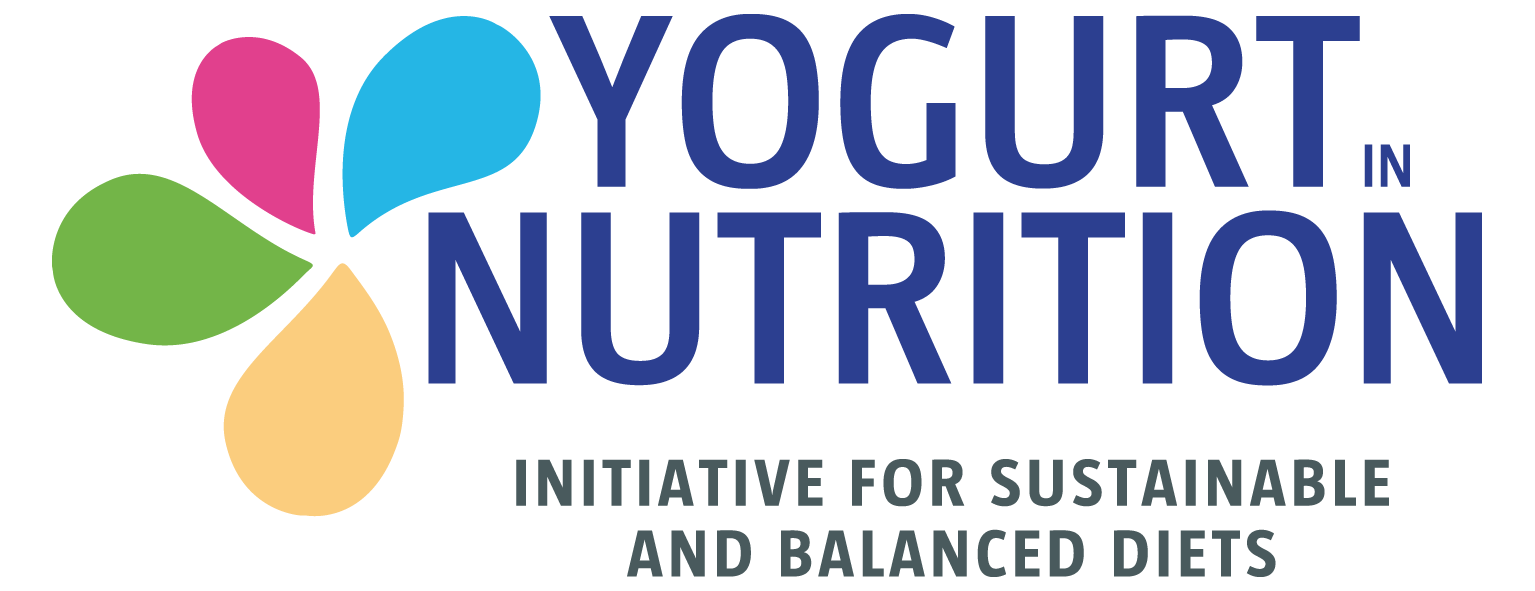Probiotics and fermented milks benefit human health because they are easy digestible, provide live microorganisms and have a long history of safe use. Many products use the ‘probiotic’ label, but do not always meet the minimum criteria. In order to communicate health claims, it is crucial to identify these bacteria and define well their health effects. The term ‘probiotics’ is distracted from the Greek word ‘pro bios’, which means ‘for life’. Probiotics are in general defined as live microorganisms which benefit the health of the host when administered in adequate amounts. Various Lactobacillus and Bifidobacterium species have been examined, and certain strains of Saccharomyces, Enterococcus, Lactococcus, Propionibacterium and Streptococcus types are considered to be microorganisms with probiotic properties. In the EU the Qualified Presumption of Safety-list compiles microorganisms, as well as the International Dairy Federation who lists 264 species mainly used in dairy products.
Nutritional recommendations inside and outside the EU
Nutritional recommendations are different for each country, as the nutrient intake and the priority in selection of nutrients depend on food availability and preferences. The main food groups do not significantly differ between EU member states, but the recommended amounts and food types in the group do vary. There are no harmonized EU guidelines, due to a lack of representative consumption data. EU countries in general promote yogurt as a part of a healthy lifestyle, but only five countries mentioned specifically the benefits of the live bacteria. Remarkably, none of the countries included yogurt as an alternative for lactose intolerance, as it contains less lactose and supports the digestions of lactose through bacteria. Research of dietary guidelines of responsible organizations outside the EU assessed any statement on probiotic yogurt. They mainly focus on milk products in general and their benefits for calcium and vitamins intakes which improves bone health. A deeper analysis of probiotics health benefits is necessary to develop evidence-based clinical and dietary guidelines.





